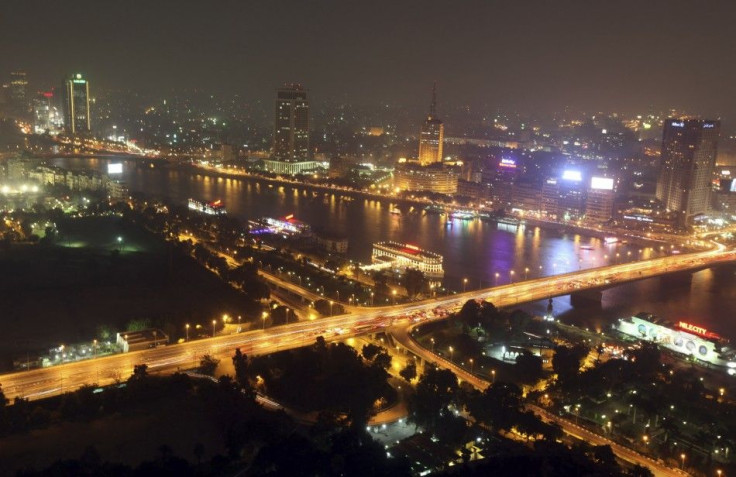Egypt Sentences Christians To Death For Insulting Islam, Charges US Pastor Terry Jones

In a symbolic verdict that is sure to disconcert Egypt’s secular citizens and religious minorities, a Cairo court has sentenced seven people to death in absentia for their suspected involvement in the production of the film that insulted Islam and led to protests all across the Muslim world.
All of the defendants are Egyptian citizens currently residing outside the country; they are unlikely to serve their sentences. Also facing charges is an American pastor in Florida, Terry Jones. His trial is expected next month.
Charges were first brought in September after a film produced by Mark Basseley Youssef, an Egyptian Coptic Christian residing in California, was dubbed in Arabic and went viral overseas. The 13-minute clip portrayed the Islamic prophet Mohammed as an imbecile and sexual deviant. In response, various protests – many of them violent – erupted in countries as diverse as Nigeria, Indonesia, Bangladesh, Libya and Oman.
“The seven accused persons were convicted of insulting the Islamic religion through participating in producing and offering a movie that insults Islam and its prophet,'' said Egyptian Judge Saif al-Nasr Soliman on Wednesday, according to NBC News.
Youssef is among those sentenced to death by the Egyptian court. He was also recently sentenced in the United States on unrelated charges, and now faces a year behind bars for violations having to do with bank and identity fraud.
The American pastor charged, Terry Jones, is a fringe activist and speaker who is best known for burning copies of the Quran this April. He has called Islam a religion “of the devil” and said that Youssef contacted him for help promoting his film.
Responding to Egypt’s charges against him, Jones told the Associated Press that the news only confirmed his views.
“We can speak out here in America," he said. "That freedom means that we criticize government leadership, religion even at times. Islam is not a religion that tolerates any type of criticism.”
Back in Egypt, the verdict comes at an inopportune time. President Mohamed Morsi, a moderate Islamist who was elected this year after a 2011 popular revolution overthrew the secular autocrat Hosni Mubarak, is under fire for issuing a decree last week that greatly expanded his own powers at the expense of the judiciary system.
Secular Egyptians and Coptic Christians have long worried that the president – not to mention the constitution he and his peers are pushing to finish – will have little regard for the rights of non-Muslim Egyptians.
Now that Morsi has extended his powers, massive protests have erupted on the streets of Cairo and Egypt’s fragile democracy is in danger.
The court’s decision to sentence people to death for insulting Islam is not based on any new law; such charges were also possible under Mubarak. But now that the Egyptian administration is Islamist, secularists and Christians worry that the laws might be used to limit their rights.
The death sentence for the seven convicted Egyptians is not quite finalized yet; it is subject for review and expected to be formalized in January.
© Copyright IBTimes 2024. All rights reserved.












